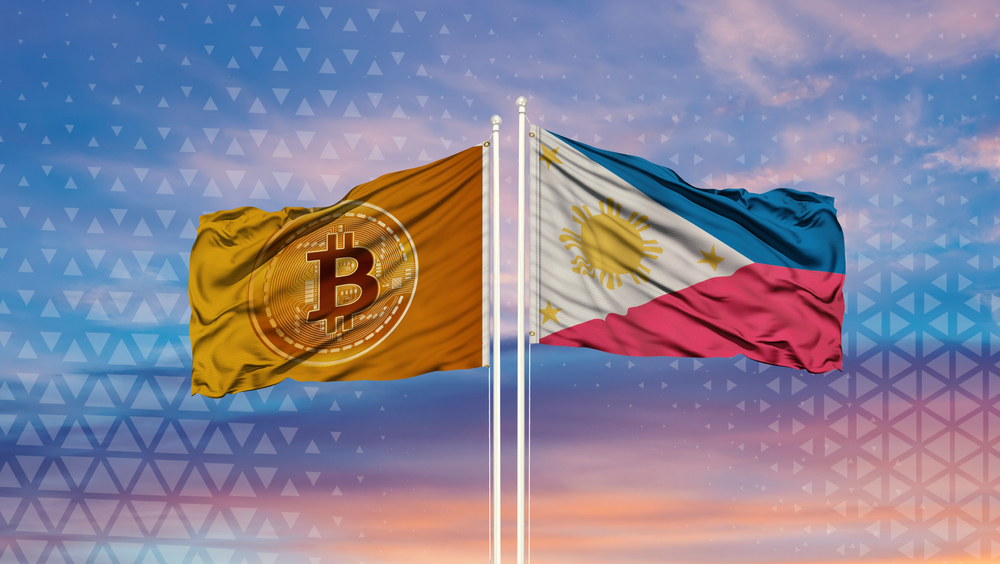Following the latest FTX saga, which rocked the crypto community, the Philippines government has warned its citizens. The country’s Securities and Exchanges Commission warned the public about doing business with unregistered cryptocurrency exchanges.
The Philippines SEC Issues Warning To Crypto Investors
The FTX crisis, which occurred last month, has heightened the need for regulatory scrutiny in the crypto sector. Several countries are currently tightening their laws to protect users.
Meanwhile, the Philippines SEC’s warning did not mention the now-bankrupt FTX. However, the report cited the latest collapse of a “big international crypto exchange.”
“SEC registers companies and oversees the country’s corporate sector. Also, it supervises over 600,000 active companies and examines the financial statements of registered corporations,” the watchdog added. The agency reiterated existing laws which stated that every firm that wishes to do business in the Philippines must register with the appropriate authority.
The securities regulator advised that several firms target investors using social media and online advertisements. In addition, the report said these unregistered exchanges allow Filipinos to register and use their platforms.
However, the regulator explained that these firms aim to offer various fraudulent and high-risk products to unsuspecting investors. This is not the first time the country is warning its citizens about crypto firms.
On August 4th, the Philippines’ SEC warned crypto investors about using the Binance exchange. According to the regulator, Binance does not have the proper license to offer crypto products and services.
However, Binance remained optimistic about being a registered virtual asset service provider in the Philippines and said it would keep trying till it gets the appropriate license.
The Philippines Exploring Blockchain Technology
Similarly, the nation’s central bank, the Banko Sentral ng Pilipinas (BSP), on August 19th issued the same warning to investors. The central bank advised the citizens to run away from unregistered foreign crypto service providers.
The BSP warned local investors that only those who trade with registered entities are protected. Although the Philippines has not banned crypto, only registered entities can offer crypto trading services.
Apart from crypto, the government is also evaluating other areas of Web3, including blockchain. Earlier in May, reports revealed that the Philippines was exploring various use cases of blockchain technology.
Also, the government launched training for researchers in the Department of Science and Technology (DOST). A DOST official, Enrico Paringit, said the training’s goal is to evaluate the usefulness of blockchain in areas such as financial support and healthcare.
Paringit also added that the department would examine the usage of blockchain in passport and visa issuance, government records, and trademark registration. Furthermore, the official said the department will develop “non-cryptocurrency applications.”
The department will also train blockchain specialists to help develop the country using blockchain.
